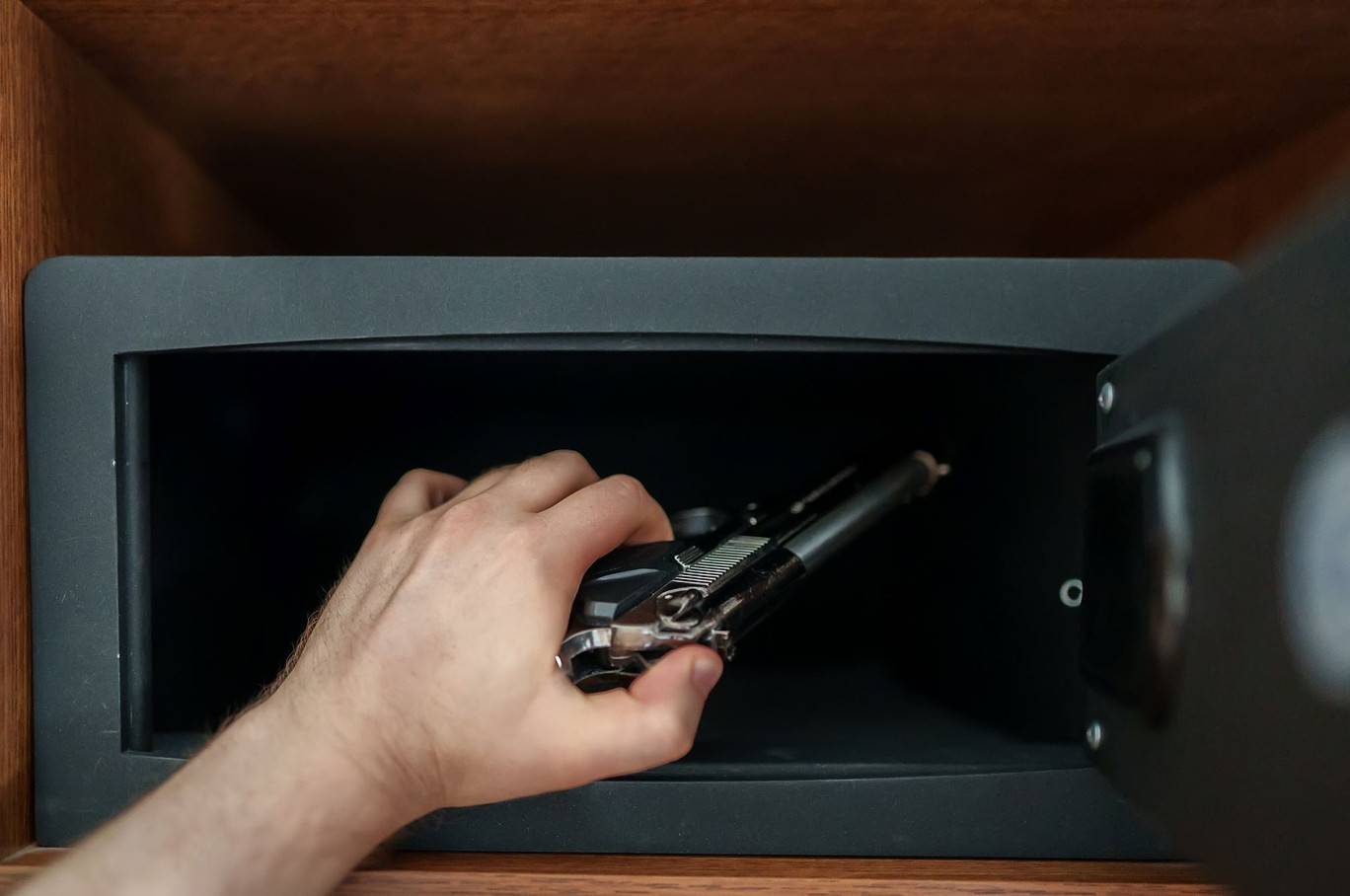In New South Wales, self-defence is primarily governed by section 418 to 423 of the Crimes Act 1900, with interpretations shaped by various court cases.
Two Key Elements for Self-Defence:
To successfully claim self-defence, two essential elements must be raised (or established) by the evidence:
- Belief in Necessity: You genuinely believed your actions were necessary to defend yourself or another person.
- Proportionality: Your actions were reasonable in proportion to the perceived threat.
Determining Belief in Necessity:
This element is assessed subjectively, considering the unique circumstances at the time of the alleged offence, including factors like:
- Impairment: Being under the influence of alcohol, drugs, or experiencing a mental health issue could impact your perception of the threat.
Determining Proportionality:
This is an objective assessment, evaluating whether your response was reasonable given the perceived situation.
Evidentiary burden and onus of proof: You have the evidentiary burden to point to evidence capable of suggesting that there was a reasonable possibility you were acting in self-defence. The onus of proof then falls on the prosecution to prove beyond reasonable doubt that your actions were not necessary and/or reasonable in the specific circumstances of the asserted self-defence. In other words, you do not need to ‘prove’ self-defence but there must be some evidence to raise self-defence before the prosecution is required to ‘disprove’ self-defence beyond reasonable doubt.
Example: Shooting an Escaping Intruder:
Imagine you surprise an intruder who is trespassing on your property. They flee, climb the fence to escape, and you shoot them which results in an injury. This would not be self-defence. Even if you believed firing the gun was necessary (first element), your actions would not be deemed proportionate (second element) because the intruder fleeing meant the threat was no longer present. The prosecution could likely argue that shooting an escaping intruder was excessive and unreasonable.
Pre-emptive Actions and Self-Defence:
The law allows for pre-emptive actions in self-defence in certain circumstances. You don’t necessarily have to wait to be attacked if you genuinely believe an attack is imminent. For example, if someone approaches you aggressively in a bar, fists clenched and raised, indicating they might strike, you are legally entitled (depending on the specific circumstances) to take reasonable defensive action, such as striking first, to prevent being hit yourself.
Seeking Legal Guidance:
Self-defence laws can be intricate. In any situation where self-defence is potentially relevant, it’s crucial to seek legal advice promptly to understand your rights and potential legal recourse. Our expert team at Conditsis Lawyers Newcastle can provide the guidance your need. Contact us today.



